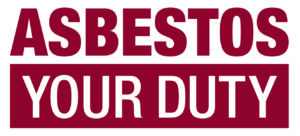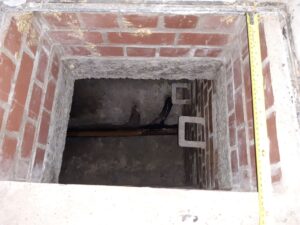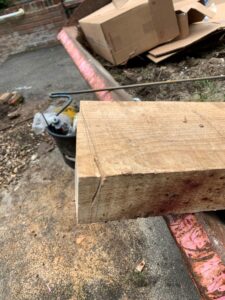Manufacturing company fined after worker suffered finger amputation
A West Yorkshire cosmetic manufacturing company has been fined after a worker lost part of a finger while cleaning a machine.
On 8 October 2021, the man was working on a tube filling machine at Orean Personal Care Limited at its base in Cleckheaton, West Yorkshire.
He was supervising five members of staff who were using the machine to fill tubes with a product that needed to stay hot. During the process the machine became contaminated and had to be cleaned. When the employee was cleaning the machine, part of it moved, trapping his finger, and causing the injury. Part of his middle finger was amputated, and he still suffers pain in his finger end and may require additional surgery.
An investigation by the Health and Safety Executive (HSE) found that the interlocked guard had been bypassed to allow the machine to run with the guard door open. The risk was not managed properly and a range of employees from machine operators to cleaning staff were exposed to it.
HSE has detailed guidance on machine safety.
On 16 January at Leeds Magistrates’ Court, Orean Personal Care Limited of Stubbs Beck Lane, Cleckheaton, West Yorkshire pleaded guilty to breaching Section 2 (1) of the Health & Safety at Work etc Act 1974. The company was fined £300,000 and ordered to pay £4,511.70 in costs.
After the hearing, HSE inspector Justine Lee said: “Moving machinery can cause serious injury and it is essential that access to it is prevented at all times, including during maintenance and cleaning work. The use of effective guarding is an absolute duty and, when complied with, will prevent this type of injury.”
This prosecution was brought by HSE enforcement lawyer Gemma Zakrzewski.
Notes to Editors:
- The Health and Safety Executive (HSE) is Britain’s national regulator for workplace health and safety. We prevent work-related death, injury and ill health through regulatory actions that range from influencing behaviours across whole industry sectors through to targeted interventions on individual businesses. These activities are supported by globally recognised scientific expertise.
- More information about the legislation referred to in this case is available.
- Further details on the latest HSE news releases is available.


 The dangerous material was banned from construction 25 years ago
The dangerous material was banned from construction 25 years ago

